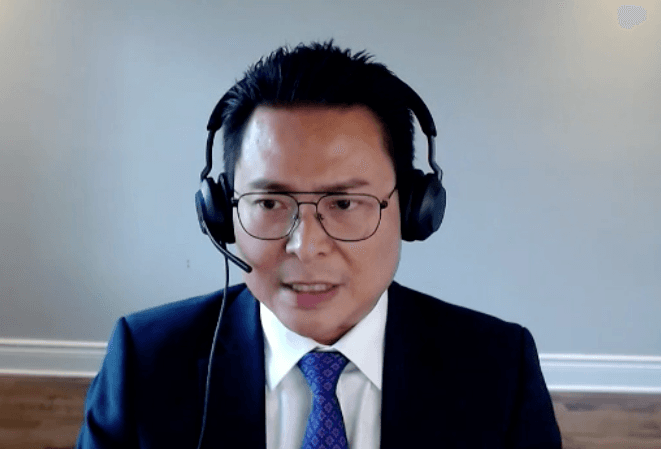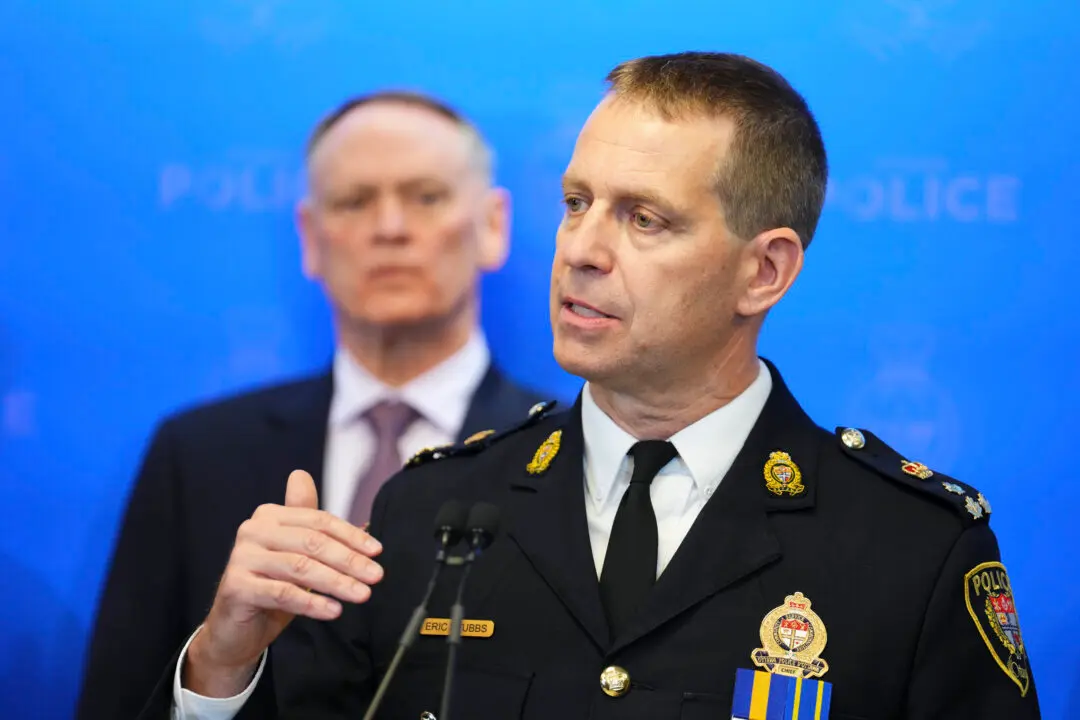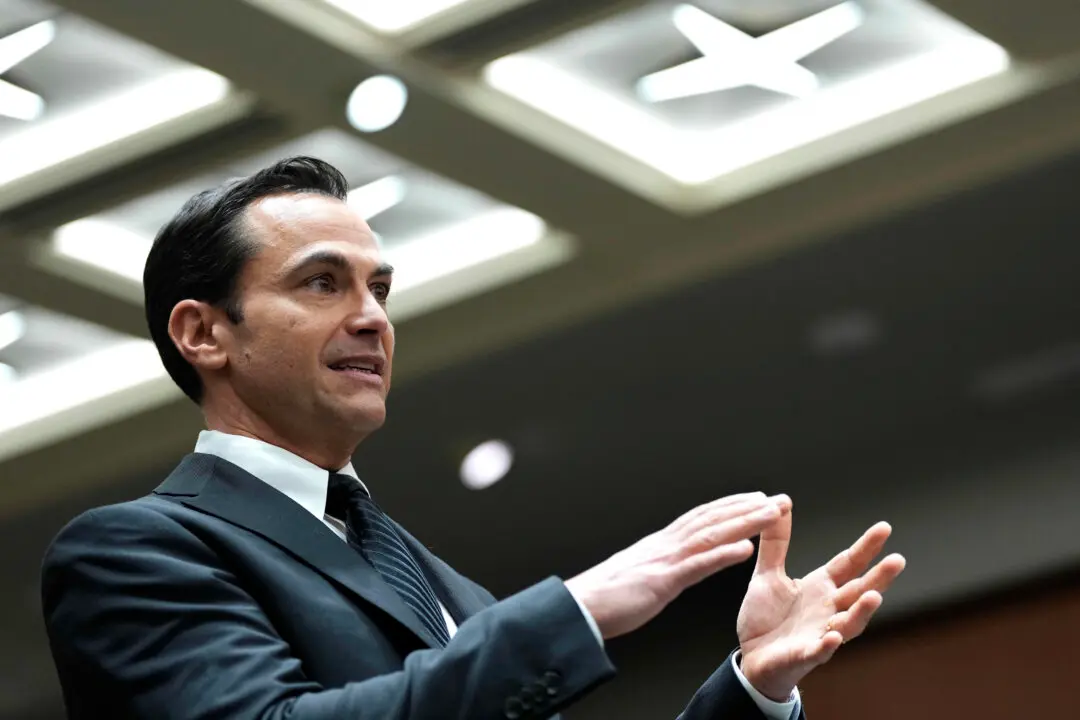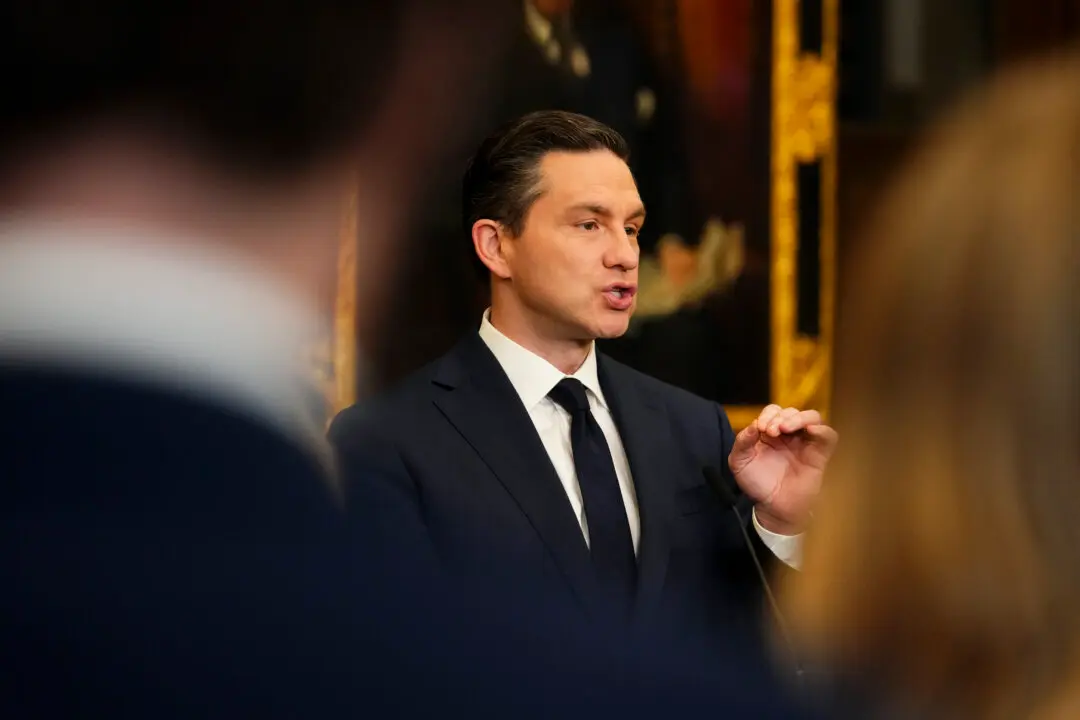A key figure at the centre of the ArriveCan controversy has told the Commons Public Accounts Committee that the deletion of ArriveCan emails was an accident due to corruption of files on his computer.
“I needed to change my laptop because the battery on my current one was failing. When transferring files from my old computer to my new one, [they got] corrupted and emails were lost,” former Canada Border Services Agency (CBSA) employee Minh Doan testified on June 5.





